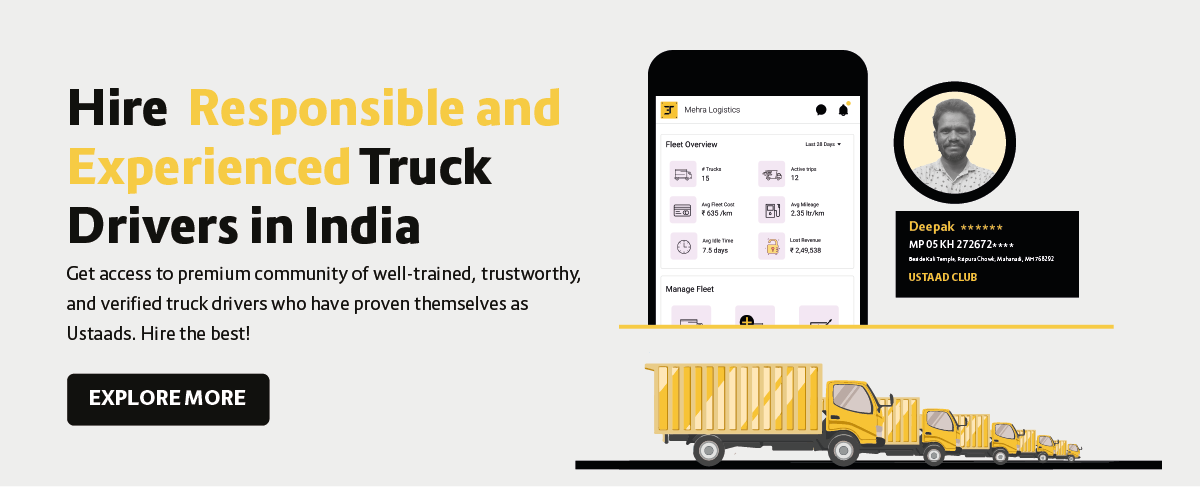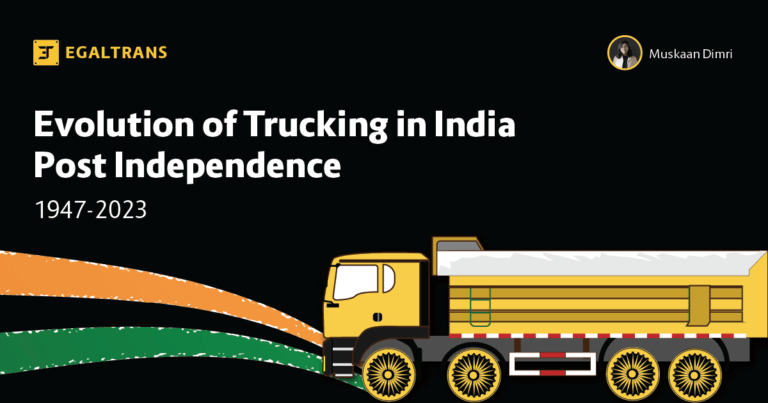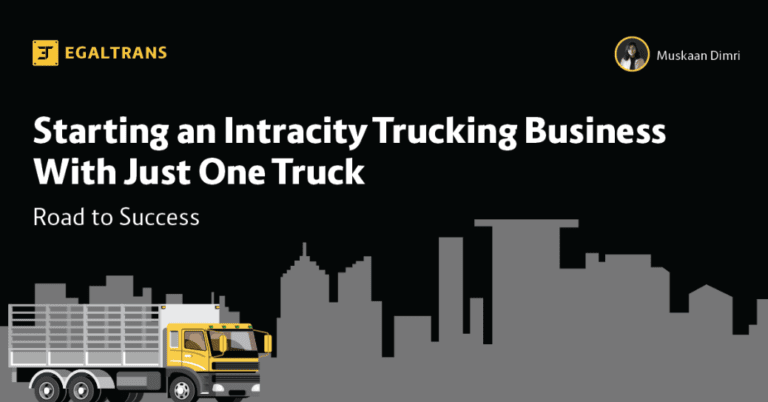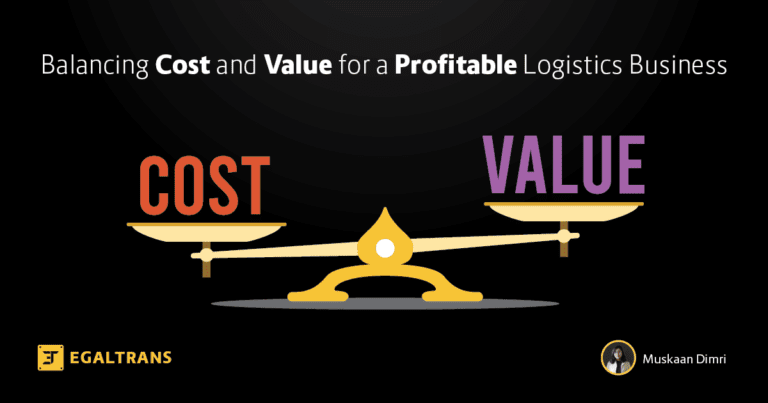In the vast and intricate web of modern logistics, truck drivers play a pivotal role in keeping the economy moving. They deliver goods across cities, states, and countries, ensuring that shelves are stocked, businesses thrive, and consumers receive their products. Despite their critical role, truck drivers often face a myriad of social stereotypes that undermine their contributions and hinder their personal and professional growth. These stereotypes not only affect their self-esteem but also influence public perception, policy-making, and opportunities for advancement within the industry. This blog delves into the nature of these stereotypes, their origins, and their profound impact on the lives of truck drivers as well as on truck driving profession.
The Nature and Origins of Stereotypes about Truck Driving Profession
Stereotypes are preconceived notions that oversimplify and generalize characteristics about a particular group. For truck drivers, these stereotypes often paint a picture of uneducated, unhealthy, and antisocial individuals. These perceptions stem from a variety of sources:
- Media Representation: Popular media frequently portrays truck drivers in a negative light. Films and TV shows often depict them as rough, unrefined, and sometimes even dangerous individuals. This skewed representation contributes to the public’s misunderstanding of the profession.
- Historical Context: The trucking industry has its roots in the early 20th century when it was seen as a rugged and physically demanding job suited for individuals who lacked other employment opportunities. This historical context has perpetuated the notion that truck driving is a “last resort” job for those with limited skills or education.
- Lack of Awareness: Many people have little to no direct interaction with truck drivers or understanding of the complexities of their job. This lack of awareness fosters ignorance and the perpetuation of stereotypes.
Impact on Self-Esteem and Professional Identity
Stereotypes have a significant impact on the self-esteem and professional identity of truck drivers. Constant exposure to negative stereotypes can lead to internalization, where drivers begin to believe these misconceptions about themselves. This internal conflict can manifest in several ways:
- Reduced Self-Worth: When society repeatedly tells individuals that their profession is inferior, it can erode their sense of self-worth. Truck drivers may start to feel that their work is not valuable or respected, leading to diminished motivation and job satisfaction. Such demoralization can cause permanent damage to truck driving profession.
- Identity Crisis: Many truck drivers take pride in their work, but the clash between their self-perception and societal stereotypes can cause an identity crisis. They might struggle to reconcile their personal sense of accomplishment with the negative labels imposed by society.
Barriers to Professional Growth
Stereotypes also create tangible barriers to professional growth and development for truck drivers. These barriers manifest in various forms:
- Limited Access to Education and Training: The misconception that truck drivers are uneducated can lead to a lack of investment in their professional development. Companies and policymakers may not prioritize educational programs or training opportunities for drivers, hindering their ability to acquire new skills and advance in their careers.
- Discrimination in the Workplace: Negative stereotypes can result in discrimination within the workplace. Truck drivers may be overlooked for promotions, pay raises, or more desirable routes due to biases held by employers and supervisors. This discrimination stifles their career progression and keeps them in lower-paying, less fulfilling positions.
- Health and Well-being: Stereotypes about truck drivers’ health, such as the belief that they lead unhealthy lifestyles, can impact their access to healthcare and wellness programs. Employers may not invest in health initiatives for drivers, assuming they are not interested in or capable of maintaining a healthy lifestyle. This lack of support can lead to serious health issues, further perpetuating the stereotype.
Societal and Economic Consequences
The perpetuation of stereotypes about truck drivers has broader societal and economic consequences. By undermining the value of truck drivers and hindering their growth, society risks destabilizing a critical component of the economy.
- Labor Shortages: Negative perceptions of the trucking profession can deter new entrants from joining the industry. With the aging workforce and increasing demand for goods transportation, labor shortages in trucking can have severe economic repercussions, including delays in delivery, increased costs, and supply chain disruptions.
- Economic Inefficiency: When truck drivers are not given opportunities to develop their skills and advance their careers, it leads to economic inefficiency. Highly skilled and motivated drivers are more likely to innovate, improve operational efficiency, and contribute to the overall success of the logistics sector.
Changing the Narrative about Truck Driving Profession
Addressing and dismantling the stereotypes surrounding truck drivers requires a concerted effort from multiple stakeholders, including the media, industry leaders, policymakers, and the public.
- Positive Media Representation: The media plays a crucial role in shaping public perception. By portraying truck drivers in a positive light and highlighting their contributions, the media can help change the narrative. Documentaries, news stories, and social media campaigns that showcase the diverse and skilled nature of truck drivers can counteract negative stereotypes.
- Industry Initiatives: Trucking companies and industry organizations need to invest in education, training, and health programs for their drivers. By providing opportunities for professional development and promoting a healthy lifestyle, the industry can demonstrate its commitment to the well-being and advancement of its workforce.
- Public Awareness Campaigns: Educating the public about the realities of the trucking profession can help dispel myths and foster a more accurate understanding. Public awareness campaigns that highlight the essential role of truck drivers in the economy and their diverse backgrounds can reduce prejudice and increase respect for the profession.
- Policy Advocacy: Policymakers should be encouraged to create and support legislation that promotes the welfare and professional development of truck drivers. This includes ensuring fair wages, improving working conditions, and funding educational programs tailored to the needs of truck drivers.
Truck drivers are the backbone of the logistics industry, yet they are often burdened by social stereotypes that hinder their growth and undermine their contributions. To change this narrative, a collective effort is required to challenge these stereotypes, invest in the development of drivers, and educate the public about the critical role they play in our economy. By doing so, we can create an environment where truck drivers are respected, valued, and given the opportunities they deserve to thrive. It is time to recognize and honor the dedication and hard work of truck drivers, ensuring they are no longer held back by outdated and unjust stereotypes.






